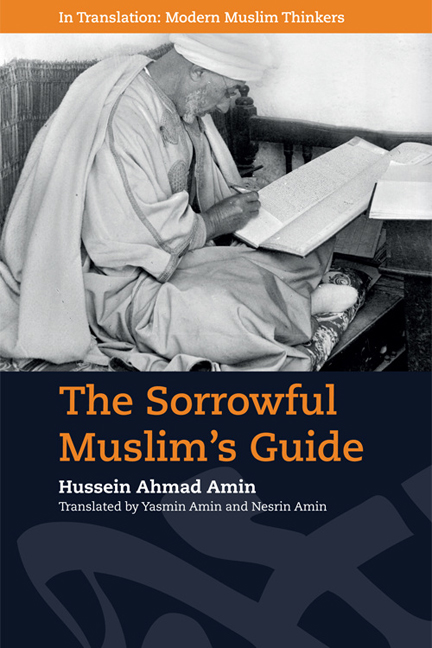7 - Political and Social Roots of Islamic Sects
Published online by Cambridge University Press: 06 May 2021
Summary
The heart is like water, its passions afloat on it like foam over waves.
Abū-l-ʿAlāʾ al-MaʿarrīIf people knew how many whims are included within ʿilm al-kalam (scholastic theology) they would flee from it like they would from a lion.
Imam al-ShāfiʿīThere is no greater indication of the impact of the Islamic Daʿwah in the hearts of the Prophet's contemporaries, and the radical changes his message brought about in concepts and values, political, social and otherwise, than the fact that even those who apostated from Islam shortly before his death and after, and refused to recognise the Medinan caliph's authority over the entire Arabian Peninsula, still saw it as necessary to give a religious tinge to their Daʿwah. Their leaders ascribed prophethood to themselves, and portrayed their insurgencies or revolutions as divinely inspired by God, even if the motives for these revolutions are known to have been purely political, social or economic.
In its original form, Islam did not distinguish between civilian and religious authorities, or between civil and religious legislation. Religious community and state were one, the latter only existing to serve the former. The Prophet had been at the helm of both, and was followed by his successor, then his successor's successor and so forth.
The foundational principle of succession (khilāfa) was to protect the Sharīʿa. The purpose of the Sharīʿa was to regulate all aspects of human life, those that related to the community and communal life, as well as those that related to individuals in their private life. The relationship between the imam and his subjects was a religious relationship, which bears no resemblance to the political or social relationships as we know them today.
One of the most prominent features of Islamic history was the fact that all revolutionary movements that started in Dār al-Islām (Abode of Islam, i.e., Muslim lands) due to social considerations, and thus became politicised, were, from the time of their inception, closely tied to some religious thought. For the followers of such movements, it would have been inconceivable to protest against the ruling power from non-religious motives, or to do so other than against a ruling power that God was not pleased with, to return the nation to the path of the true faith.
- Type
- Chapter
- Information
- The Sorrowful Muslim's Guide , pp. 145 - 158Publisher: Edinburgh University PressPrint publication year: 2018



